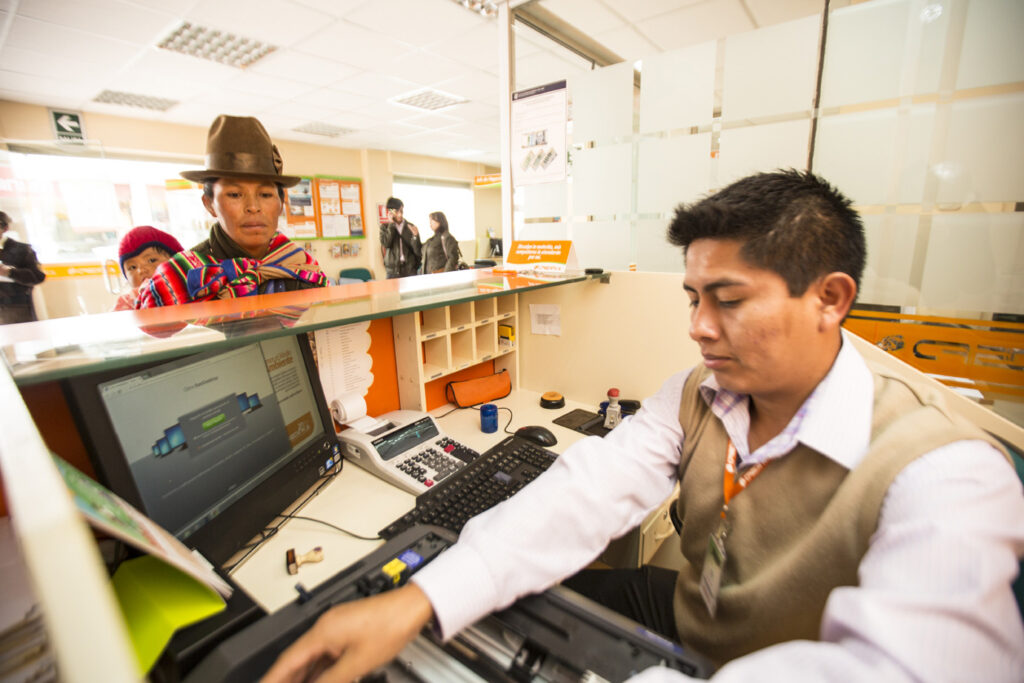
Topic
While the valuation of microfinance institutions (MFIs) may be more of an art than a science, the practice within the equity investment community remains opaque, inconsistent and overly complex. This paper summarizes the challenges impact investors face when valuing MFIs–from which methodologies to use and what assumptions to make, to how to factor in the social mission and fintechs. There is an urgent need for more shared, comparable and reliable data to effectively benchmark impact investments.
Why This Matters
With MFI valuations, the stakes are high—a high valuation may signal an overheating market while a low valuation can represent a missed opportunity. As MFIs and other institutions evolve and mature, and as social investors look beyond the known pool of investors for exit options, reliable valuation data and practices will only gain in importance.
Barring more transparent, consistent and precise valuation data and more robust valuation methodologies, microfinance will remain a less mature asset class and social investors will be limited to a relatively small pool of known actors with whom to transact.
Looking Forward
Impact investors need more reliable valuation data and standard valuation methods to make sound investment decisions and to pursue their financial inclusion objectives. The Financial Inclusion Equity Council (FIEC) is working to address this need by developing a valuation database for its members to share valuation data confidentially and anonymously.









